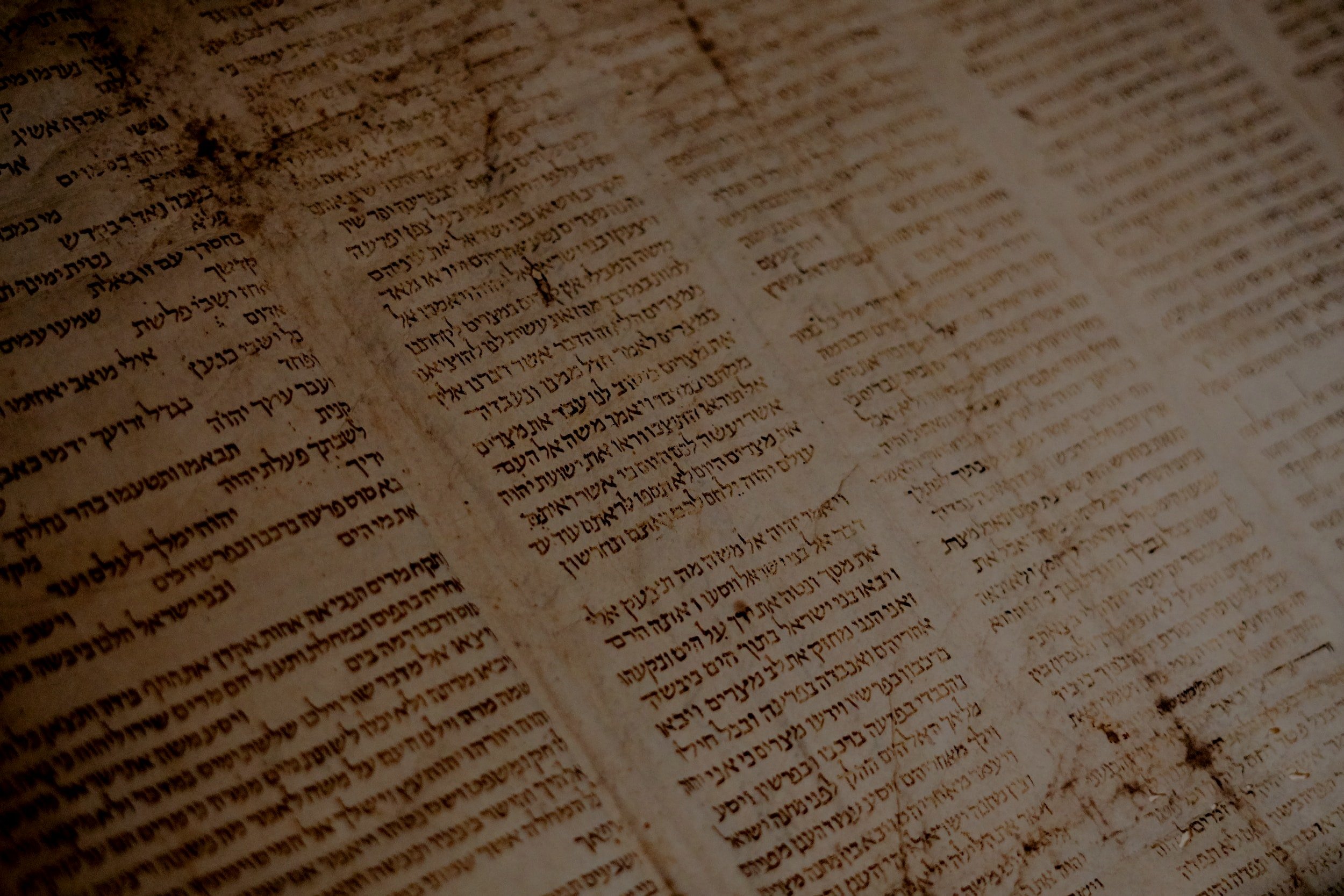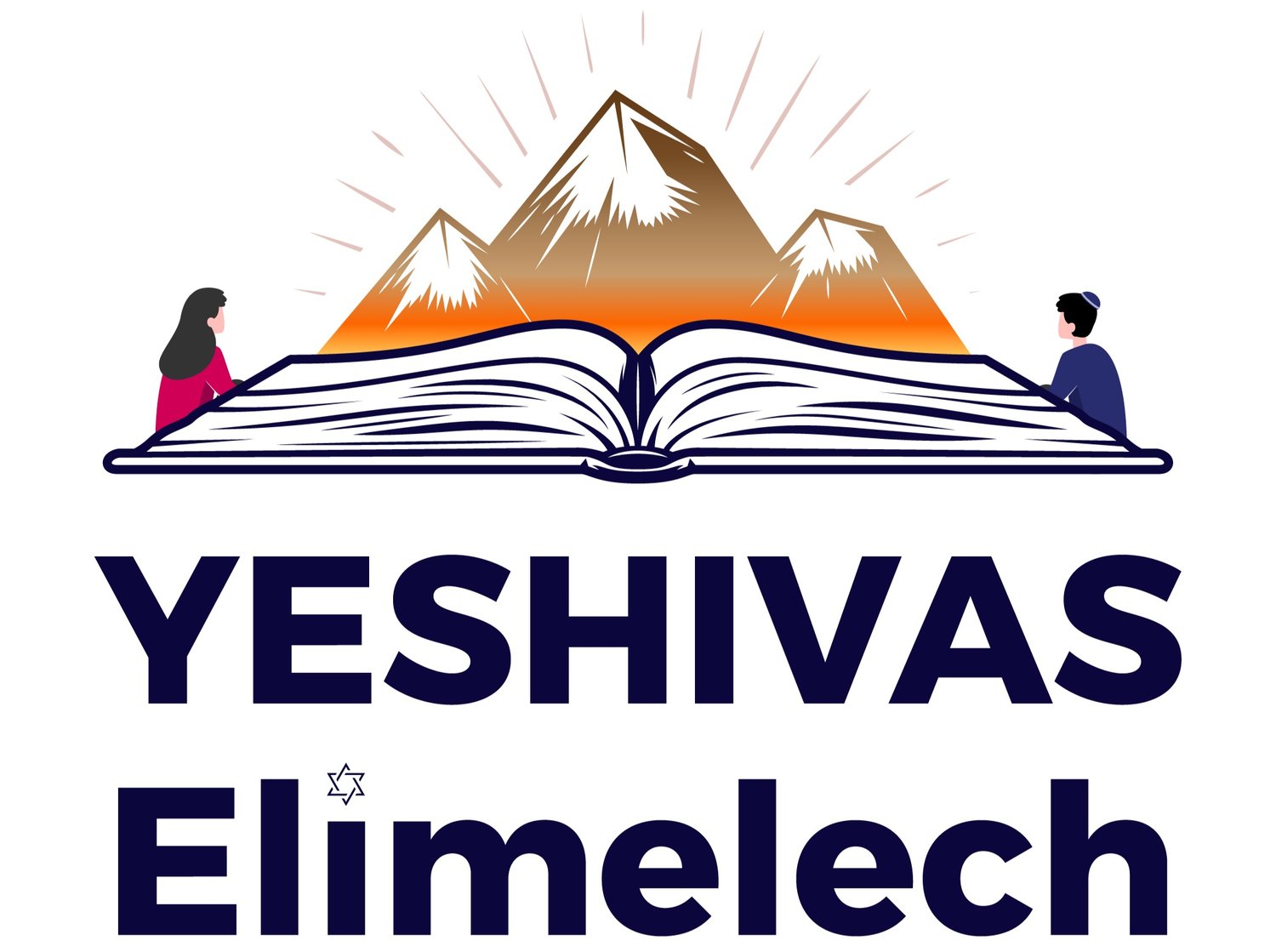
What the Torah Means to Me
By Charlotte Rest
For me, Judaism = Torah. It’s a living document.
I searched Ben Mintz’s library for an elegant resource that would articulate my thoughts. At first, my thoughts were, “I’m writing about Ben Mintz’s library.” But then I saw it in a different light. What I actually found was the depth and breadth of the Torah in his huge collection. He has many copies of the Torah and the Talmud in different translations. Sefaria now has an option of choosing which translation you like the best. In addition, there are more traditional books with topics ranging from Jewish sources written entirely in Hebrew to contemporary thoughts on Islam, Catholicism, and Christianity written in English.
We have the Talmud, the oldest interpretation and other sages over the centuries who we study. The interpretations have never stopped. I saw more modern interpretations entitled, The Rise and Fall of Adam and Eve, Torah of the Mothers: Contemporary Jewish Women Read Classical Jewish Texts, Jewish Law in Our Time, Days of the Torah and Modern Israel. There’s a book, Traditional Judaism next to a book, Hasidism and Politics. The list goes on. Books on Jews from other countries, from Africa, Spain, and China. I saw a monthly journal called, Tradition, A Journal of Orthodox Jewish Thought.
There are Jewish lawyers in our country citing the Torah and its commentaries for court cases. One example is the passage in Sh’mot, chapter 21, verses 22 – 24. People on both sides of the abortion issue are using these verses to bolster their arguments. I’m not going to debate the issue now, but I’m using it as a contemporary application. On one hand, a group of Jewish pro-life lawyers submitted an Amicus brief for the Dobb’s case to overturn Roe v Wade saying the Roe v Wade infringes on people’s freedom of religion. On the other hand, pro-choice lawyers are using this passage in Florida, Indiana, and Kentucky saying the abortion ban is infringing on peoples’ freedom of religion.
This is all to say, the Torah, for me, is a living document. It’s studied and put into practice in everyday-life. Ketuvim 3:17 to 18: “The Torah is a Tree of Life. Her ways are ways of pleasantness and all her paths are peace.”
